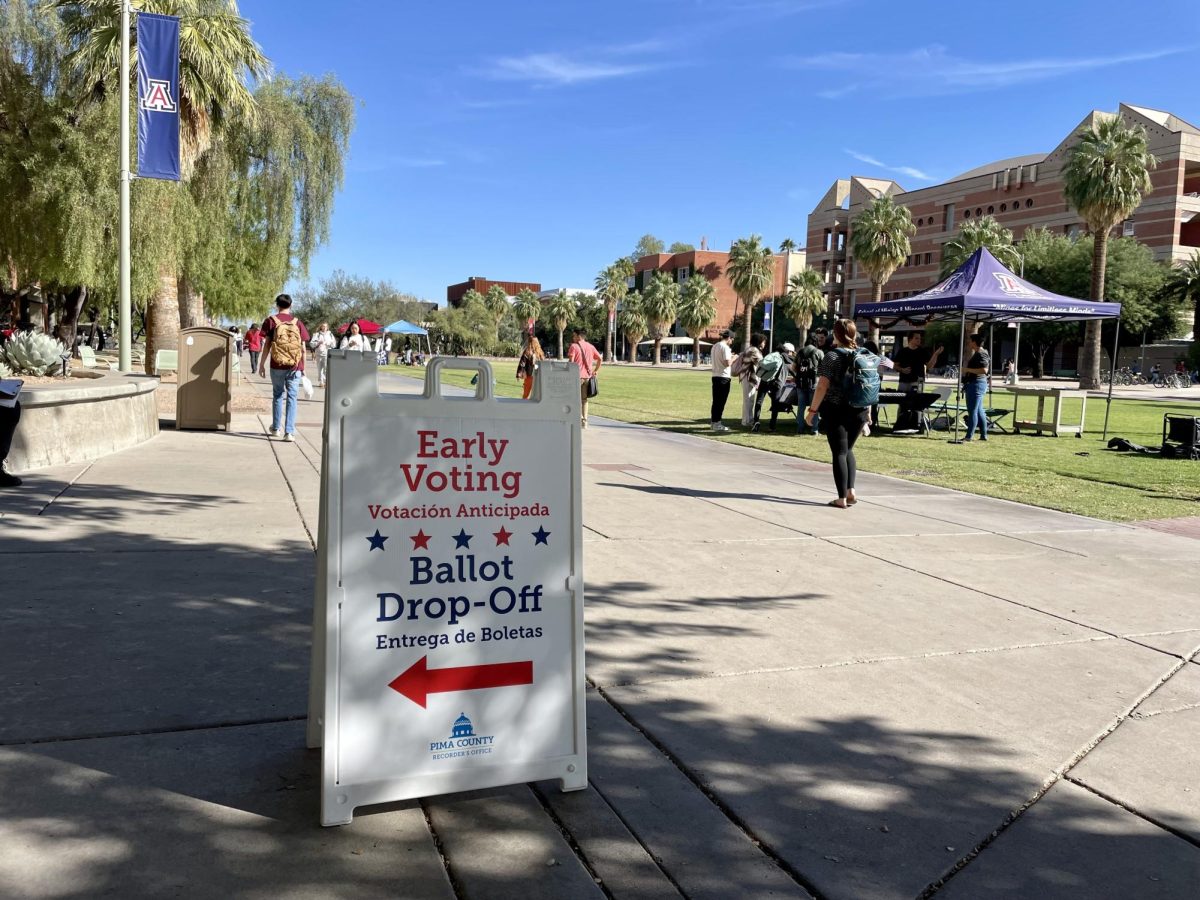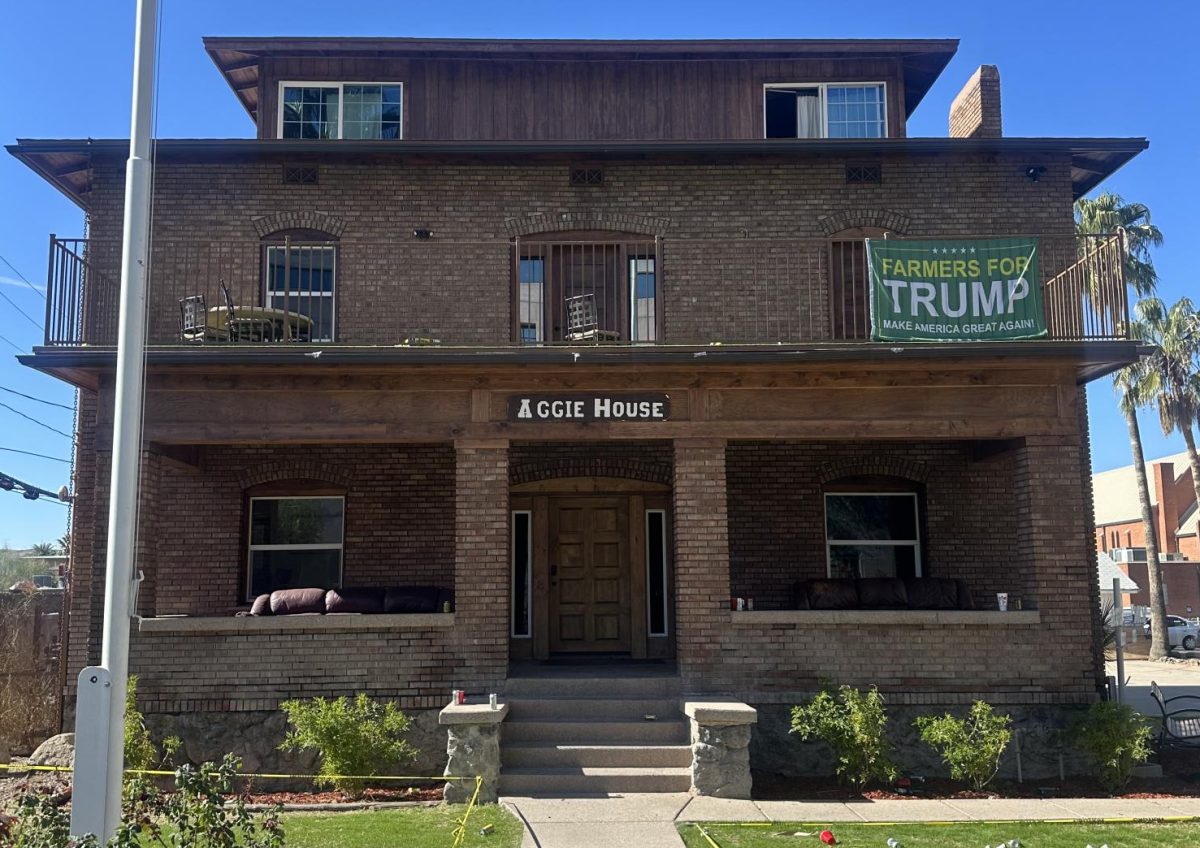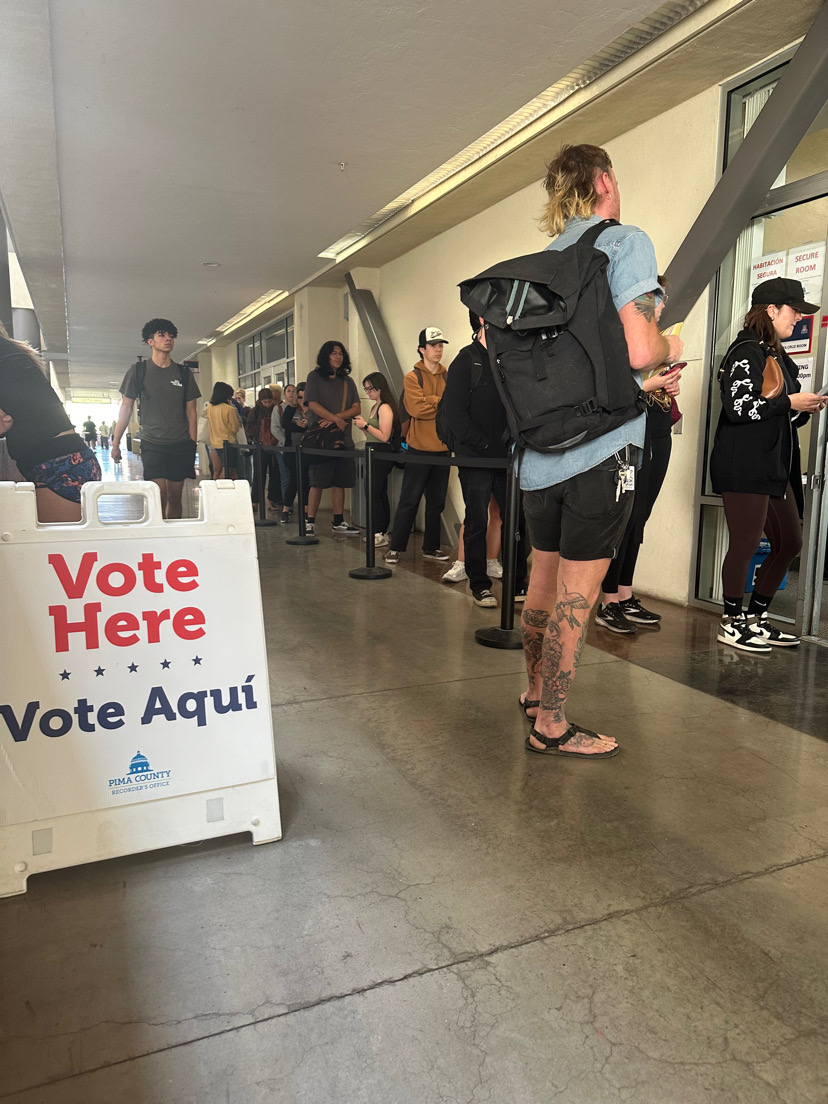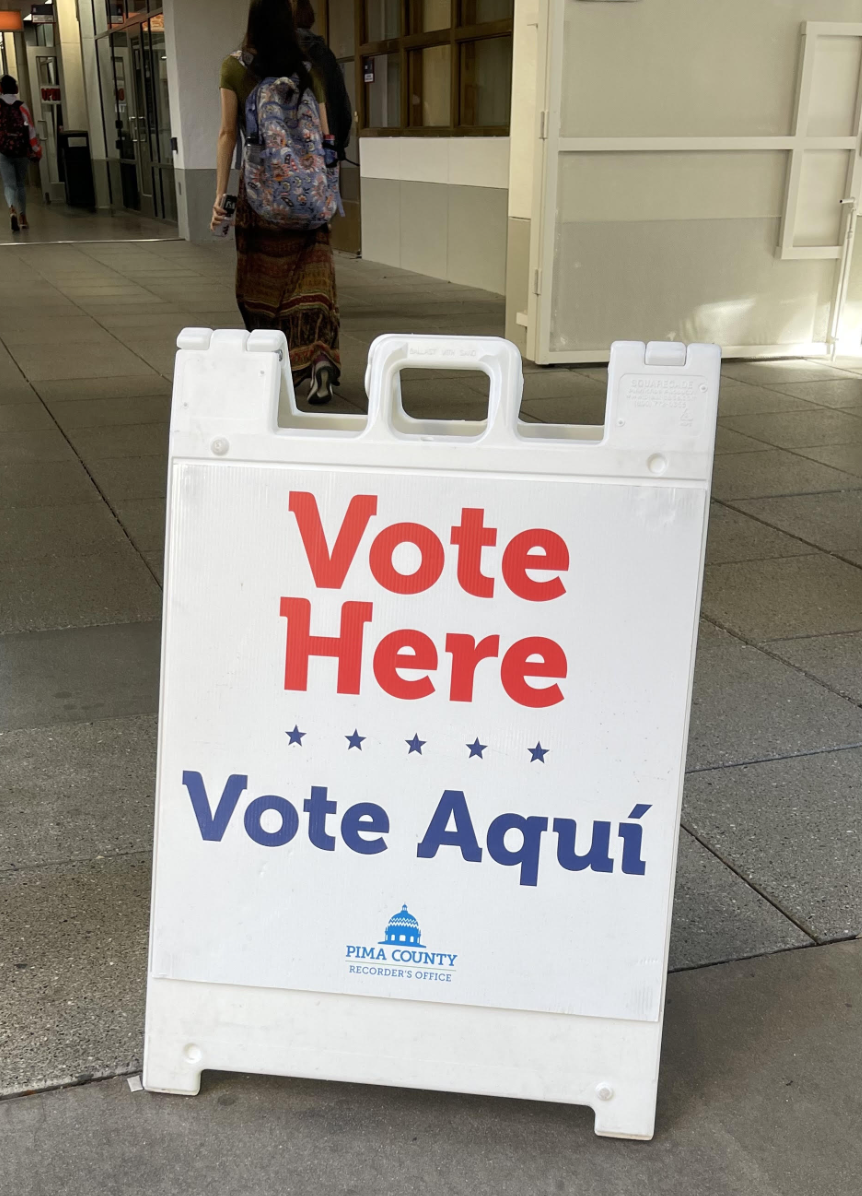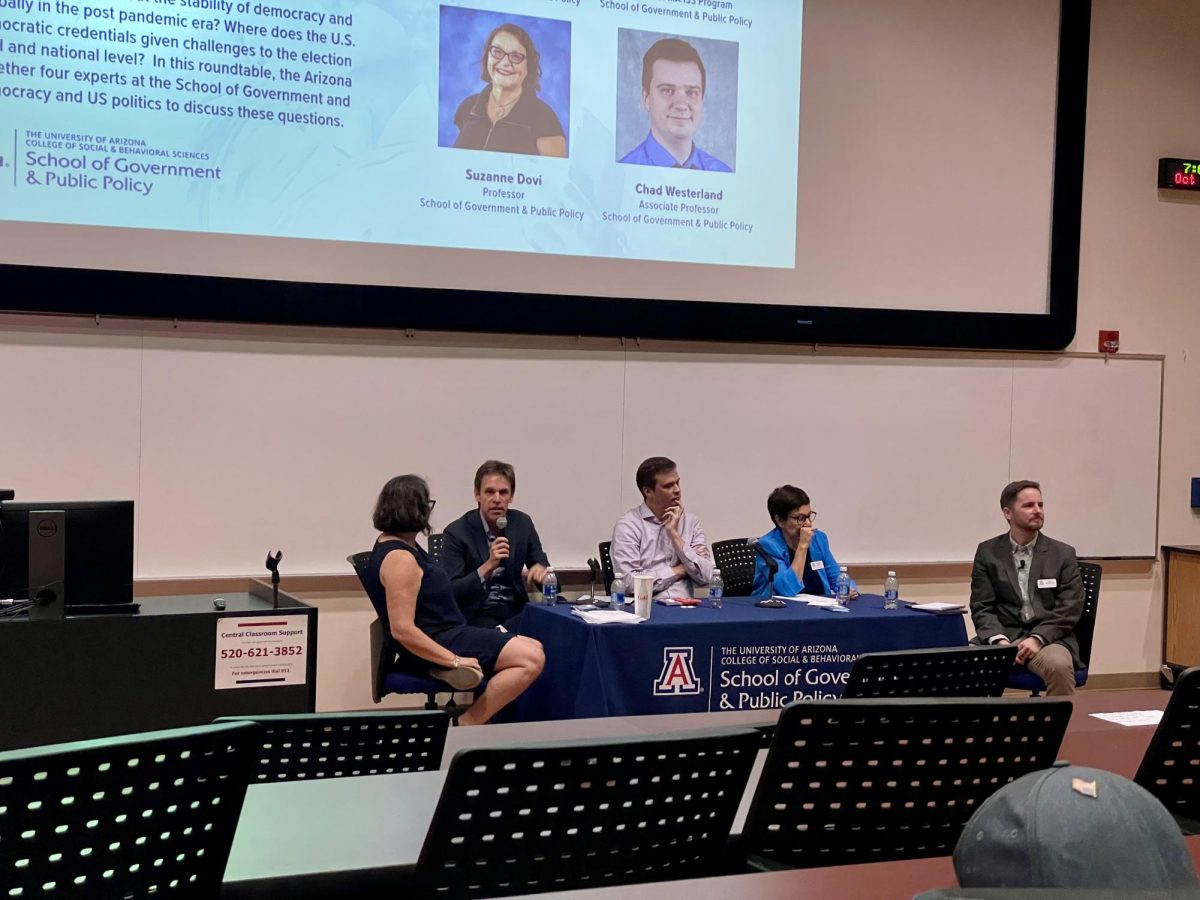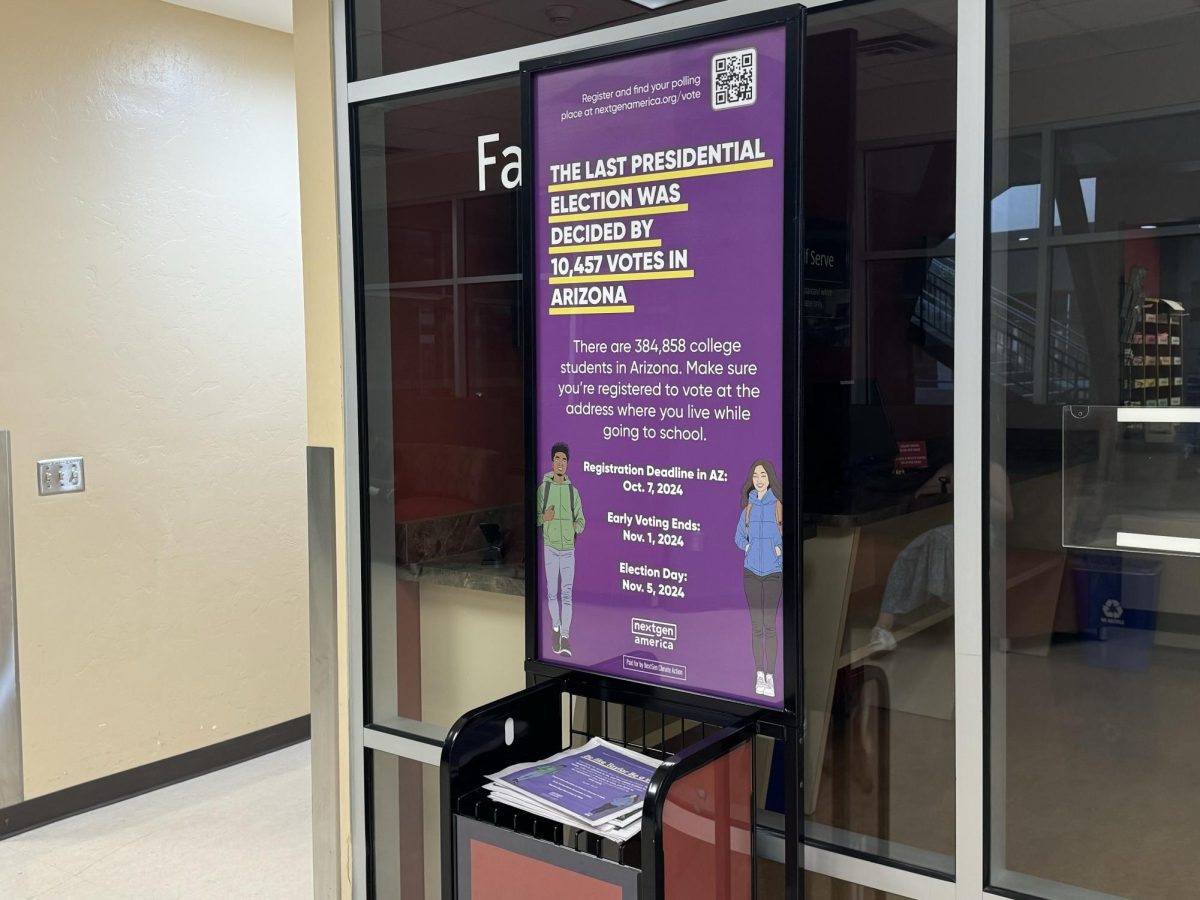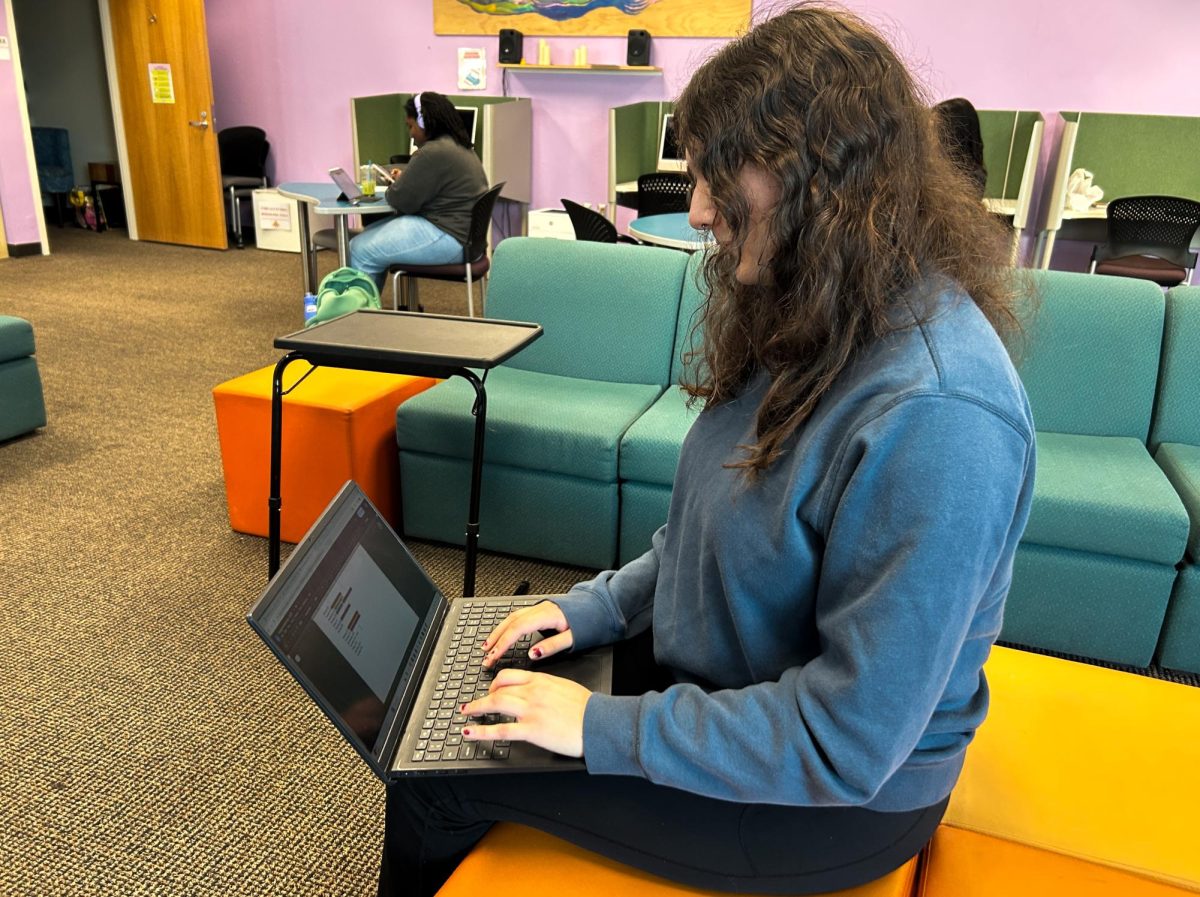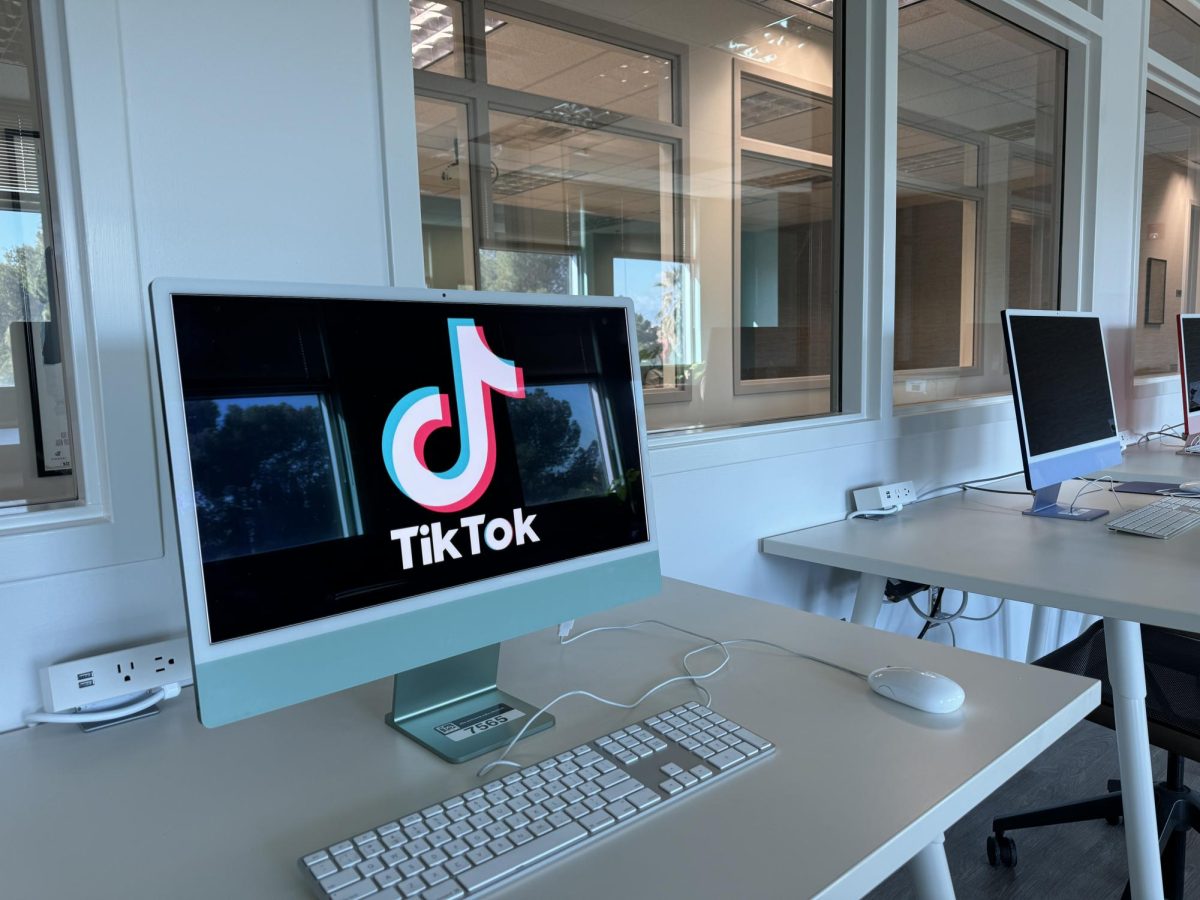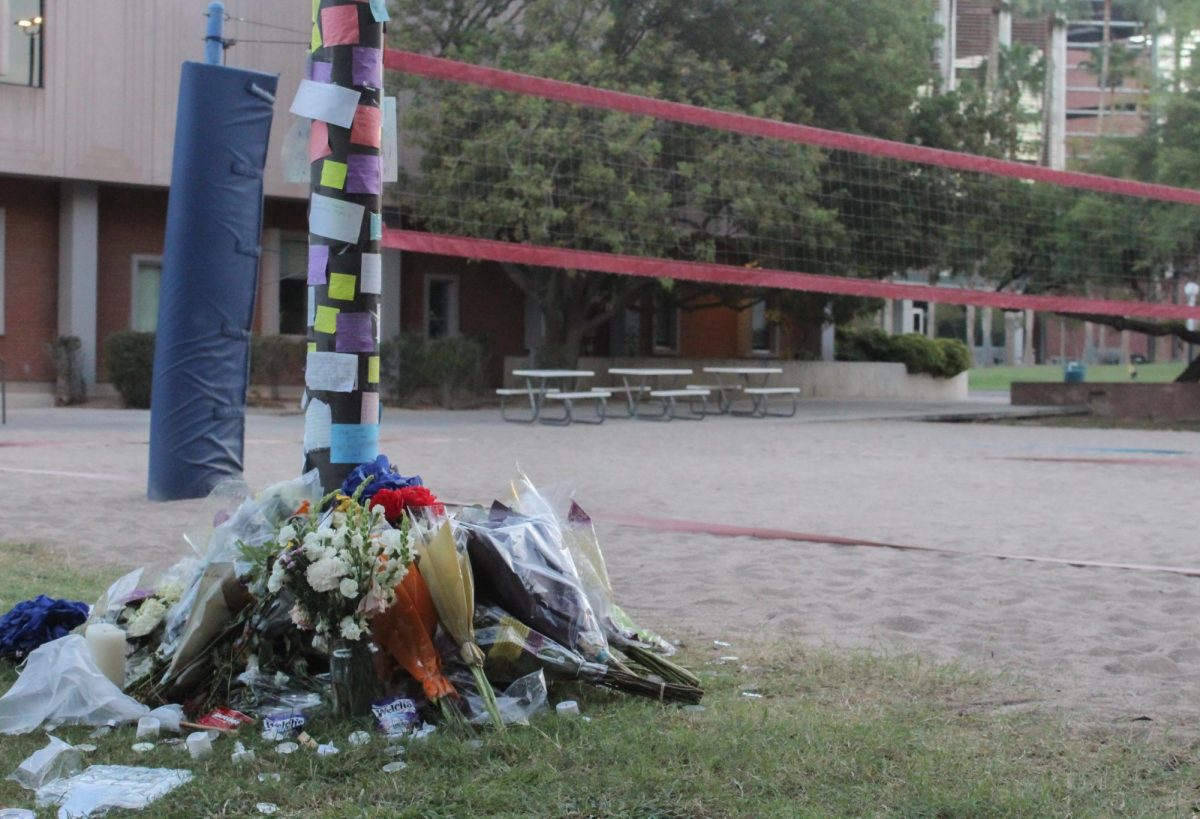With political stress at an all-time high, the University of Arizona’s Counseling & Psych Services (CAPS) has stepped up its support, expanding resources to help students manage the mental strain associated with the current political climate.
CAPS’s updated Political Stress page, part of a series on coping with current events, offers strategies for students grappling with heightened anxiety as they navigate divisive issues and anticipate the upcoming election on Nov. 5.
CAPS initially launched its Political Stress page back in 2020, and its recent revamp reflects the need for targeted support as political polarization and election-related stress affect student mental health.
Dr. Leslie Ralph, a psychologist and coordinator of communications at CAPS, noted that the resource is one of several on the CAPS site designed to directly address current-event stressors, such as environmental challenges and gun violence, alongside political concerns.
“Over the last few years, we have really been putting more energy into creating actionable tools for students to use,” said Ralph. “A really big facet of this page is pointing people towards self-care and talking about the many, many ways that self-care can look.”
Ralph emphasized that stress surrounding political issues can feel isolating and overwhelming.
“We see that when big things are happening in the world — like a critical incident on campus or in the community, or this election — there is an uptick in the number of students that come into CAPS or reach out for support,” she said.
According to Ralph, political stress often generates a blend of worry, helplessness and isolation, a phenomenon intensified by the highly polarized political climate.
“Politics is a really big topic that touches on important things,” Ralph added. “Be mindful of how you’re feeling and practice self-care because it’s not an indication of weakness or that you’re disengaged. It’s a sign that we need to get things back in balance and take care of ourselves.”
Frank Gonzalez, associate professor in the School of Government & Public Policy, sees the launch of CAPS’ political stress resources as a significant step in validating students’ feelings and providing them with tools to manage stress.
“I think it is great to have the university recognize this and outline what it is, where it may come from and how you might cope with it,” Gonzalez said. “Resources like this help normalize that politics is stressful and that doesn’t mean you have to run away from it — instead, you can manage it while still being engaged.”
Gonzalez said that while excessive political stress is damaging, conversely so is not enough.
“Reducing people’s anxiety seems like a good thing, but a negative consequence is that without that anxiety, people seem to be less active in following politics,” he said. “We know from political psychology work that it can lead people to search for information about political issues and candidates and encourage people to engage more in politics.”
He explained that cortisol, a stress hormone, is linked to voter turnout, with people having lower baseline stress levels tending to vote more often — though this decreases when mail-in voting options are available.
“This means that voting is stressful, and the people most likely to do it are those with the mental bandwidth for worrying about politics,” Gonzalez said.
Chris Weber, professor in the School of Government & Public Policy, added that students feel the pressure of an increasingly polarized political climate, which has intensified since the last election cycle.
“Political stress is alarmingly high in the United States, particularly in today’s divided political climate, and so close to an election,” Weber said. “The United States is very polarized. The political parties in particular have grown more ideologically extreme.”
Gonzalez said that one candidate in particular is exacerbating this polarization.
“We have arguably reached peak polarization during the time that Donald Trump has been on the political scene, as he has not only been a provocative personality but also is considered an existential threat to democracy among many scholars, pundits and members of the public,” he said.
Recognizing this, CAPS’ Political Stress page provides a toolkit of mental health strategies to help students maintain balance, from identifying sources of political stress to practicing self-care in varied ways.
“We like our website to be an intervention in itself,” said Ralph.
To explore CAPS’ Political Stress page, visit caps.arizona.edu/political-stress.
Arizona Sonoran News is a news service of the University of Arizona School of Journalism.



